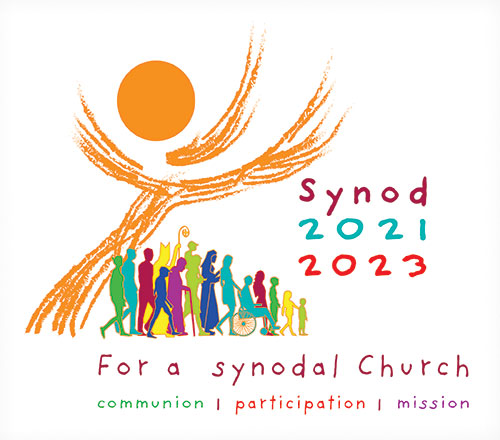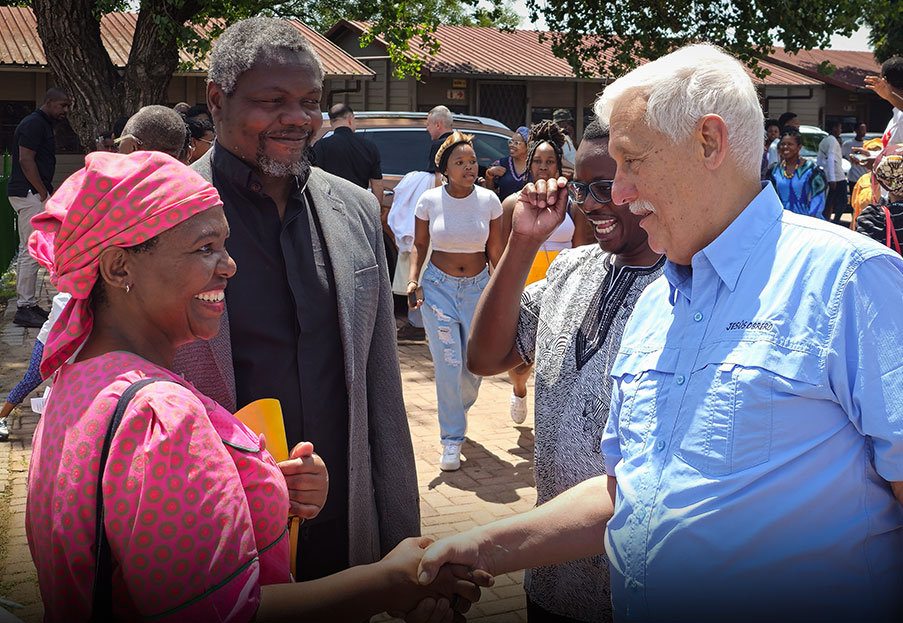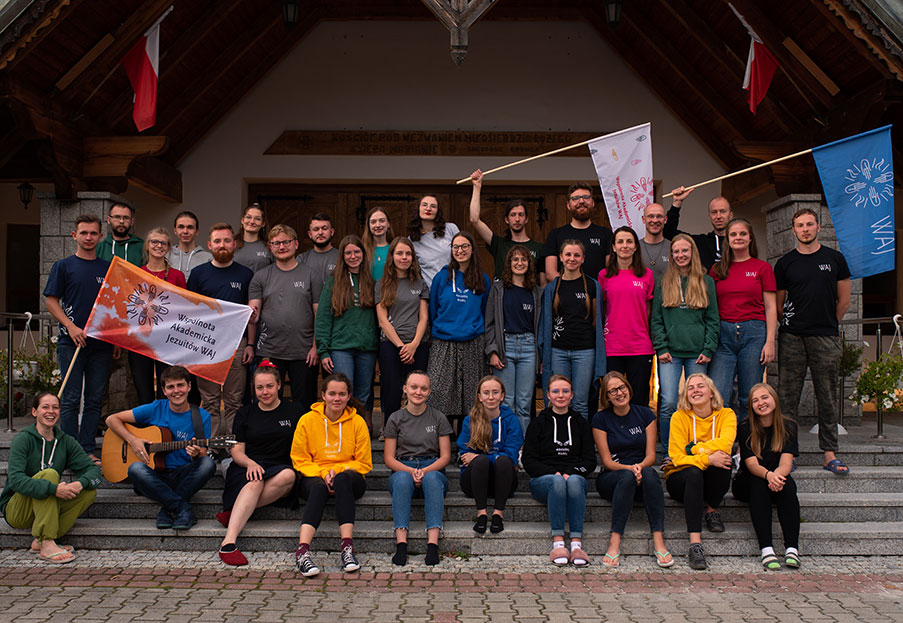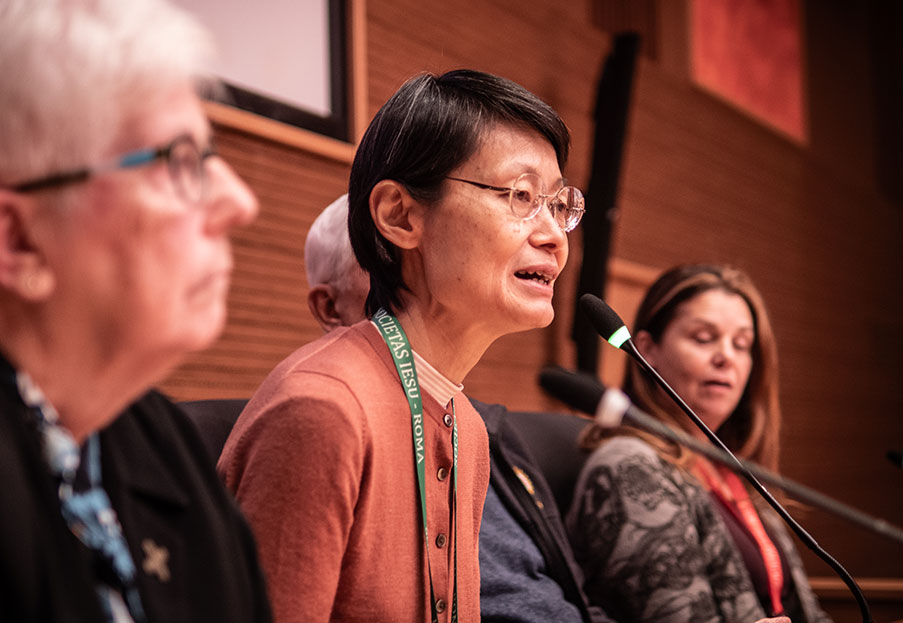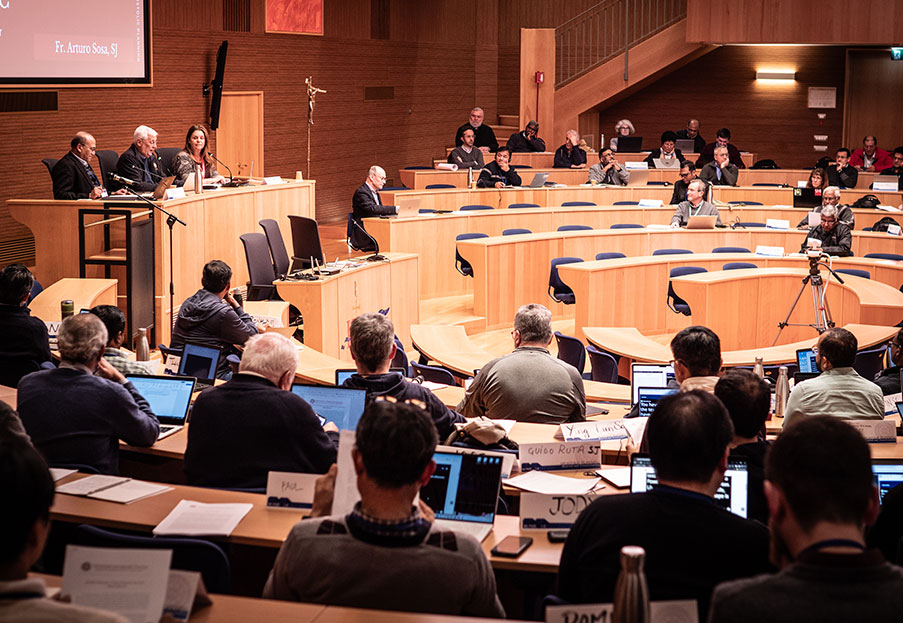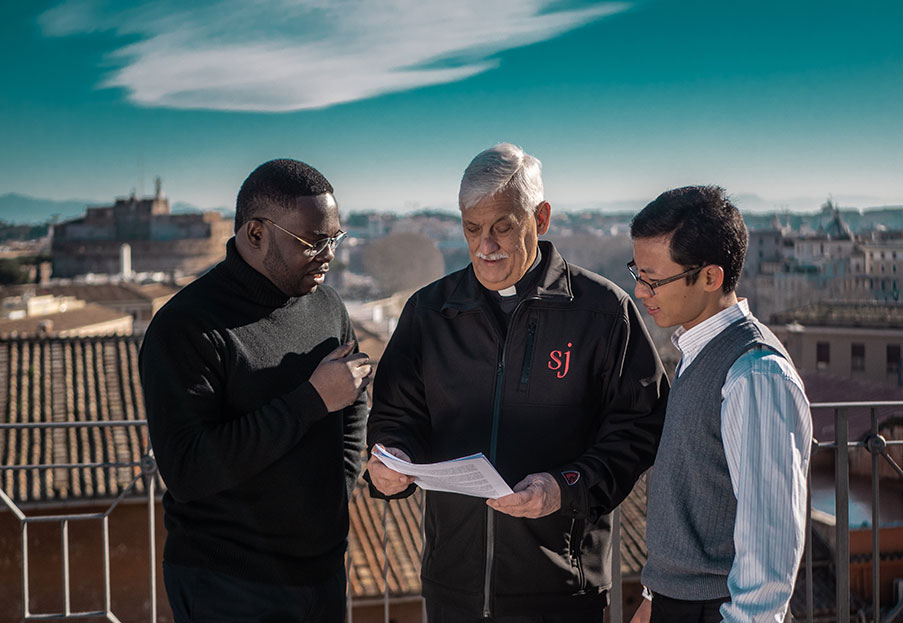Synodality: where is it headed?
By David McCallum SJ, Executive Director of the Discerning Leadership Program
On 9 October, the journey “For a Synodal Church” begins, a two-year process of intentional engagement, reflection, and discernment for the whole Catholic Church to consider the question, “how are we called by the Holy Spirit to be Church in the Third Millennium?”
As religious congregations and associations are invited to participate actively in this two-year process of listening and discernment, we might ask what relationship does the tradition of Ignatian Spirituality have to this call to synodality, and what resources can it contribute to this process. In truth, there are so many ways that we might see meaningful connections between Ignatian spirituality and the synodal “way of proceeding,” but here are just two of what we might call, presuppositions, intentional orientations that we can practice as we begin this journey together.
First of all, Ignatian Spirituality invites us to consider where we, individually and collectively, find God’s presence in our experience, what sense we make of that presence, and how we are called to live, love, and labor as a result. If for instance we think about the Examen, we begin by consciously coming to awareness of God with us, beholding us, and loving us unconditionally.
The
synod process asks us to do the same, so that as we begin to engage with one
another to listen to one another’s experience of participation, communion, and
mission in the Church, we do so mindful that God is in our midst, loving us and
laboring even in the tensions, polarities, and conflicts that we experience as
a Church. To enter into this conversation as an ecclesial community, whether in
a local parish, faith sharing group, or religious community, we do so not just
in a spirit of dialogue, but of a “trialogue.” As we gather, it is not just you
and me, but also God who gathers with us, holds us, and inspires us. Mindful of
this, we are called to listen to one another’s experiences of what it is to be
a Catholic today, and to hear what God is saying to us not only in our own
direct experience but also through the other. This is presupposition #1.
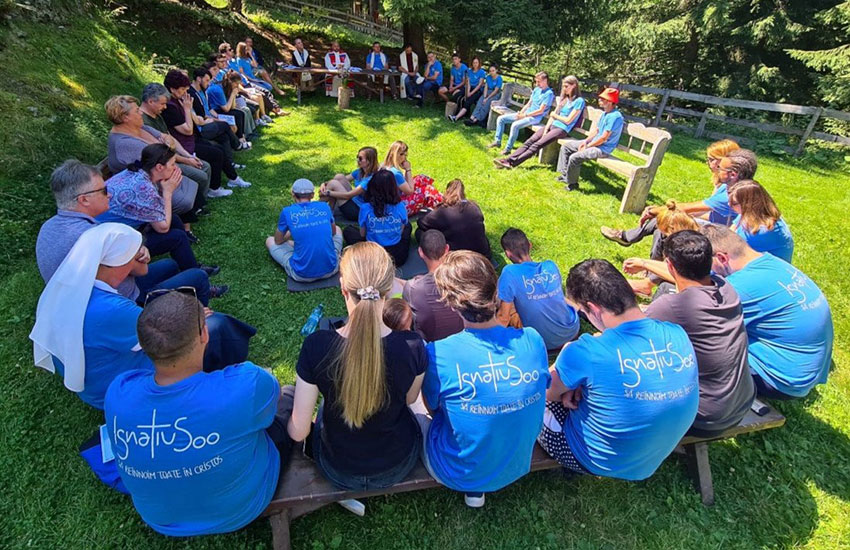
Since the first phase of the synodal process is primarily about reflecting on our experience and listening to others, there is a second element of Ignatian Spirituality that I think is especially relevant for us now, in these times that are so polarized, and where people seem to find it so hard to really hear people who hold different points of view. When Ignatius was crafting his recommendations for the way an Ignatian spiritual director and the person making the Spiritual Exercises should relate to one another, he emphasized a positive, trusting, and appreciative orientation.
This presupposition suggested that we give the person speaking what we might call, “the benefit of the doubt,” by putting the best interpretation on what they are saying and why they are saying it. We might call this a kind of “appreciative inquiry” that resists reactions or quick judgements, but stays positive, open, and curious for as long as this is sensible. If by chance we don’t agree or find value in what was said, Ignatius recommends we ask what the other person means and how they understand their own intention. If then we know for a fact, not just by virtue of our opinion or preference, that the other person is mistaken, we should correct the person, but in a spirit of love. Ignatius goes on to say that if this is not enough to shift the other person’s perspective, “one should search out every appropriate means through which, by understanding the statement in a good way, it may be saved.” This is presupposition #2. What a contrast to what we witness in society at large and in the spaces of social media!
I
believe that the spirit in which we listen to one another’s experience will
determine whether or not we’re able to discern how the Holy Spirit is present
in stories and perspectives distinct from our own. Without this willingness to
listen deeply to one another, especially those who feel marginalized or
alienated by the Church, we will not fulfill this call to synodality. But if in
a spirit of vulnerability and courage, we enter this process in freedom from
fear, attachment, and excessive bias, we will discern together what future God desires to enact
through us.
